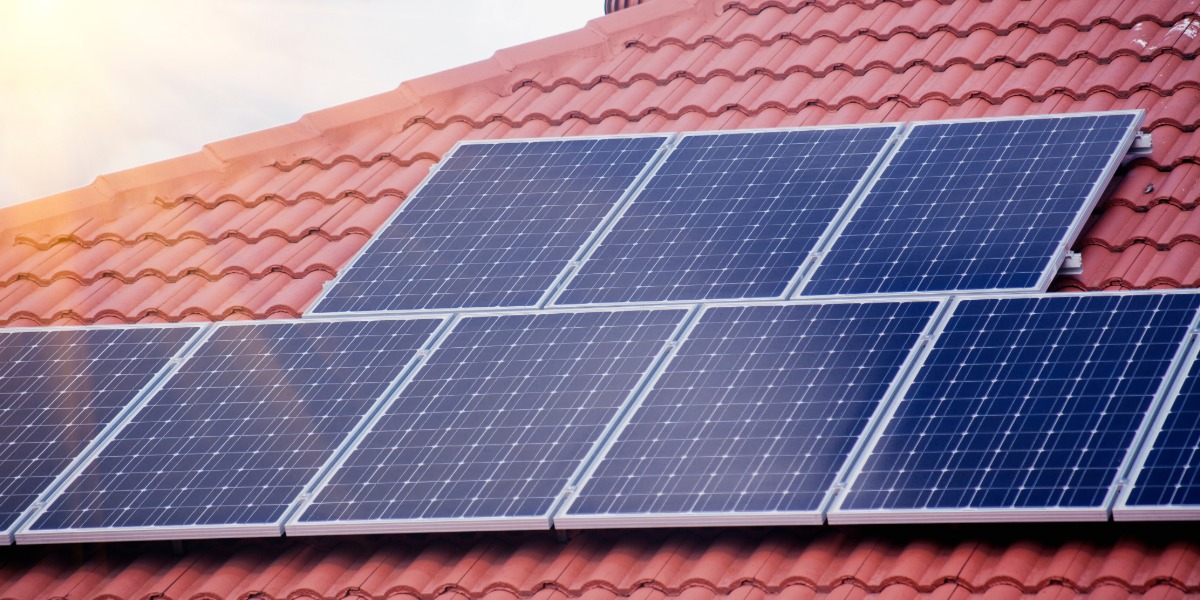New Englanders with smart meters installed may soon be able to use electricity free of charge for three hours a day under a new plan designed to spread the benefits of renewable energy.
Hundreds of thousands of households will have access to the free power through the federal government’s new Solar Sharer program, announced by Energy Minister Chris Bowen on Tuesday. The scheme will offer free electricity during the middle of the day when solar generation peaks, and will be introduced through the Default Market Offer from mid-2026.
“People who are able to move electricity use into the zero-cost power period will benefit directly, whether they have solar panels or not and whether they own or rent,” Mr Bowen said. “The more people take up the offer and move their use, the greater the system benefits that lower costs for all electricity users will be.”
Households will need to have a smart meter installed to access the offer, and Mr Bowen said the free energy period could be used to power appliances like air conditioners, pool cleaners, electric cars, or home batteries. Federal energy department analysis shows a single-person household that can move 10 per cent of energy use into the three-hour window could save nine per cent on bills.
The Solar Sharer offer will initially apply to households in DMO-regulated states from July 2026, with plans to extend it to other states in 2027. The Australian Energy Regulator will oversee the program to ensure customers get a fair deal outside of the free power period.
The announcement comes just a month after renewable energy overtook coal as Australia’s dominant source of power generation. In September, renewable energy contributed 48.8 per cent of Australia’s power, compared to coal’s 47.6 per cent.
Rewiring Australia CEO Francis Vierboom welcomed the government’s new reform, calling it “a big win for consumers across the energy system, especially for renters and apartments who often miss out on savings from having their own solar panels.”
“In the middle of the day, our grid is humming with cheap solar. The underlying price of that electricity is often zero or negative,” Mr Vierboom said.
This is particularly the case in New England, home to some of the nation’s largest solar farms as part of the Renewable Energy Zone, and where take up of rooftop solar is so high that Essential Energy has been installing batteries on poles in Armidale to help manage the load and keep local solar power for local use.
“This Solar Sharer reform means energy retailers will have to pass on those ultra-low prices to consumers for at least three hours,” Mr Vierboom said.
“That’s enough time to heat up a hot water tank, blast the air conditioner to cool a home on a hot day, run a pool pump, or charge an EV, and each one of those could mean hundreds of dollars of savings per year.”
Australian Energy Regulator Chair Clare Savage said the reform would help shift demand away from the costly evening peak. “Shifting more demand to the middle of the day would lower the cost of the electricity system for all consumers as we don’t need to build as much generation or poles and wires to meet the evening peak,” she said.
Retailers including AGL, OVO, and Red Energy already offer free or discounted electricity during certain hours.
More than 4.2 million Australian households now have solar panels installed, and with full smart meter rollout expected by 2030, the Solar Sharer scheme aims to make cheap solar energy accessible to everyone.
Got something you want to say about this story? Have your say on our opinion and comment hub, New England Times Engage

